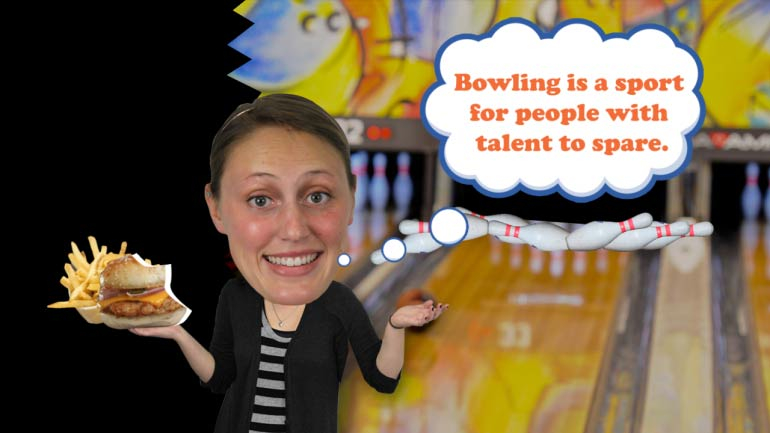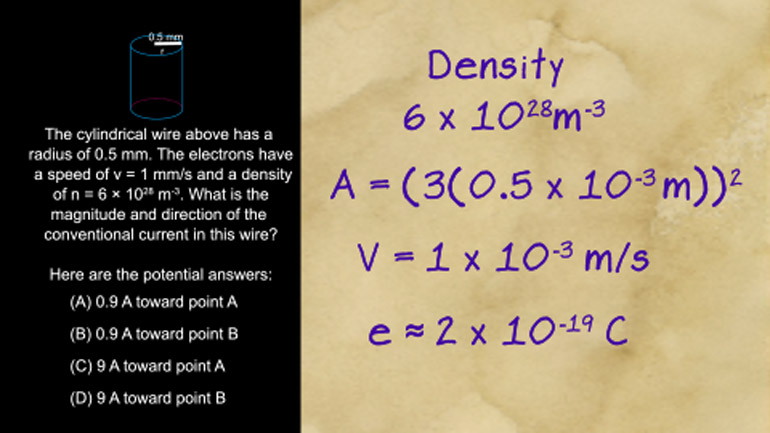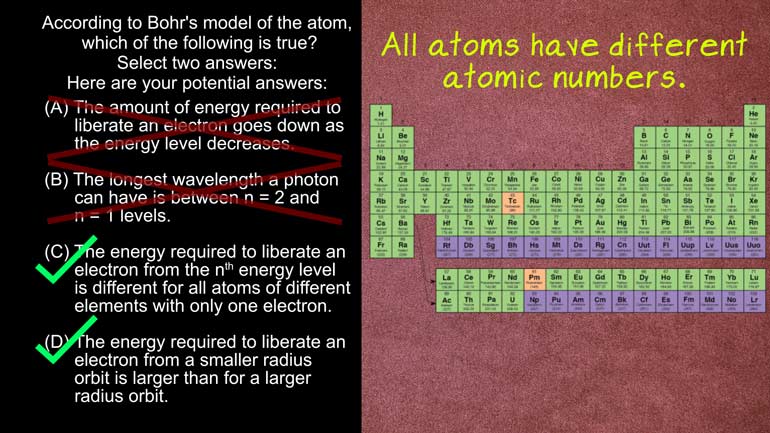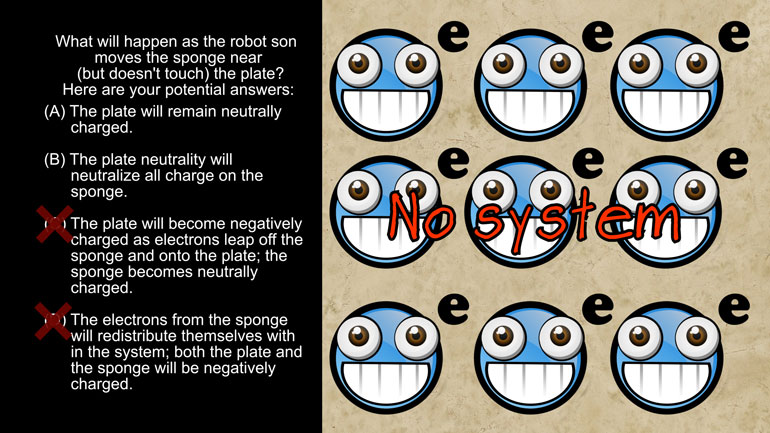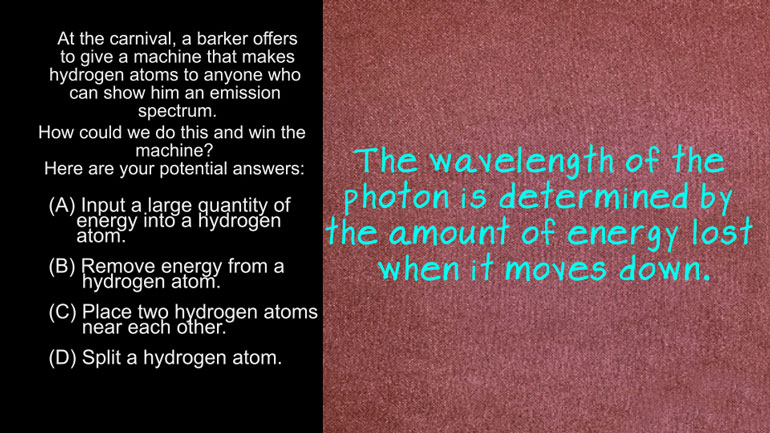ShmoopTube
Where Monty Python meets your 10th grade teacher.
Search Thousands of Shmoop Videos
AP Physics 2: 1.2 Properties of Objects and Systems 169 Views
Share It!
Description:
AP Physics 2: 1.2 Properties of Objects and Systems. If the amount of mass lost during a nuclear reaction doubles, what happens to the energy released?
Transcript
- 00:00
Thank you we sneak and here's your shmoop du jour
- 00:05
brought to you by albert einstein Albert was the guy
- 00:08
who came up with the whole e equals m c
- 00:10
squared thing had great hair He also came up with
- 00:13
the theory of relativity helped to create a model of
Full Transcript
- 00:16
warm holes and did a bunch more super smart stuff
- 00:20
As for us this morning we made a pbj on
- 00:23
lee We got distracted and forgot to put jelly in
- 00:25
it so yeah we're not quite on his level We've
- 00:28
made a peepee If the amount of mass lost during
- 00:31
a nuclear reaction doubles what happens to the energy released
- 00:35
and hear potential answer double Okay we've been waiting for
- 00:41
this moment We finally get to talk about the world's
- 00:44
most famous equation E equals m c squared who And
- 00:49
yes is the kind of stuff that gets us well
- 00:51
equals m c squared describes how energy and mass are
- 00:54
related to each other Energy equals mass times the speed
- 00:58
of light squared speed of light is a really big
- 01:01
number two hundred ninety nine million seven hundred two thousand
- 01:04
forty Fifty eight meters per second to be precise fast
- 01:08
hopefully square that we could spend a few eons counting
- 01:12
that high with our fingers and toes We have to
- 01:15
take our socks off What does that mean Well it
- 01:19
means that if mass is converted to energy we'll have
- 01:23
a whole lot of energy on our hands Like scary
- 01:25
amounts of energy Kaboom Amounts of energy like that in
- 01:29
a nuclear reaction mass is converted to energy The more
- 01:33
mass that's lost in a reaction the more energy that's
- 01:36
produced waken Think of this equation as e equals the
- 01:39
change in mass times the speed of light square Well
- 01:44
if we double the change in mass we just add
- 01:47
to the coefficient and because we're doubling one side of
- 01:51
the equation We know that the other side has to
- 01:53
double to no The correct answer is deep right there
- 01:57
which just makes sense if we double one side of
- 01:59
an equation and the other side has increased proportionally way
- 02:03
can't be quite a smart Is einstein waken look like 00:02:07.945 --> [endTime] hey baby yeah we're dialing
Up Next
Related Videos
AP Physics 2: 1.1 Properties of Objects and Systems. What is the magnitude and direction of the conventional current in this wire?
AP Physics 2: 1.5 Properties of Objects and Systems. According to the Bohr's model of the atom, which of the following are true?
AP Physics 2: 2.2 Properties of Objects and Systems. What will happen as the robot son moves the sponge near (but doesn't touch) the plate?
AP Physics 2: 2.4 Properties of Objects and Systems. How could you show the carnival barker an emission spectrum?
